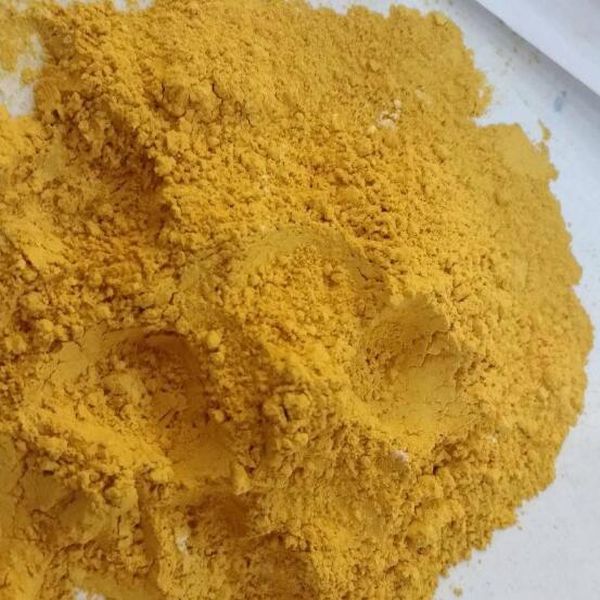Feed additive to improve digestion of energy and protein in feed-flavomycin
This product is light brown to brown powder; has special odor. Flavomycin is a phosphorylated polysaccharide antibiotic. Its antibacterial action mechanism is to inhibit the reproduction of bacteria by interfering with the biosynthesis of peptidoglycan, a structural substance of cell walls. The growth-promoting principle of flavomycin may be that it can improve the digestion of energy and protein in feed; it can thin the intestinal wall to improve the absorption of nutrients; it can effectively maintain the balance of intestinal flora and the stability of rumen pH. Bacteria are not easily resistant to flavomycin, and flavomycin is not easy to cross-resistance with other antibiotics. Flavomycin has a narrow antibacterial spectrum, which is mainly effective for gram-positive bacteria and resistant to other antibiotics. Gram-positive bacteria are also effective, but they are weak against Gram-negative bacteria.
Flavomycin was hardly absorbed by the digestive tract after oral administration, and almost all of it was excreted by feces after 24 hours. Broilers were fed at 350 times the recommended dose, laying hens were 25 times the recommended dose, and pigs and beef cattle were mixed at 16 times the recommended dose. None of the blood, muscle, liver, kidney, skin, fat, and eggs were detected after slaughter. Residues of flavomycin were found. After the cows were continuously administered at a dose of 45 mg daily for 370 days, no residue was detected in milk.
Flavomycin has no antagonistic effect with other antibiotics, and can be used in combination with sulfa drugs, tiamulin, erythromycin, lincomycin, and ionophore anticoccidial drugs.

